According to data collected by HR research and consulting firm Bersin by Deloitte, in 2014, U.S. spending on corporate training grew by 10 percent to over $75 billion and over $140 billion worldwide — the fifth straight year of year-over-year growth.
Josh Bersin of Deloitte explains that corporate training is a good indicator of economic activity: when companies slow down they often cut training spending, and then as business grows, they ramp back up to train new hires, sales people, and leaders.
After all, this is among the most discretionary of all corporate spending areas — in-house trainers are usually the first to be cut in a downturn — so it is an excellent bellwether for business confidence.
This may seem like good news.
But spending is only part of the solution: there has to be some measure of effectiveness, that the programs are working and employees are doing their jobs better.
Research conducted by Eduardo Salas, a professor of psychology and program director of the Institute for Simulation & Training at the University of Central Florida, has uncovered that roughly 90 percent of new skills may be lost within a year if not reinforced by practical follow-ups or assessments.
Apparently, what happens before and after a training session is as crucial as the actual learning, suggests Professor Salas. Organizations must rely on the science of learning and development in order for the programs to work. Most companies wrongly presume that if an unskilled worker undergoes training, he or she will immediately be transformed into an improved, skilled worker.
What happens before and after a training session is as crucial as the actual learning.
— Professor Eduardo Salas, University of Central Florida
Nowadays, training is more complex. First, most organizations also do not take the time to assess their needs in order to identify who needs training and what kind it should be. Indeed, organizations should figure out if the employee even has the resources to take on the added learning.
Then, once the sessions are conducted, many organizations do not sufficiently evaluate whether employees retain what they learn.
Training should comprise clear, precise learning goals, clear feedback, an assessment tool, and regular opportunities to practice and obtain feedback, says Salas.
Cognota®, a learning development tool, is designed specifically for knowledge capture and transfer, so that a company’s internal experts can share what they know best. Those undergoing training are assessed before, during and after the entire process, and in this way, the organization can reap the benefits of this expertise in a highly dynamic, iterative, and collaborative environment.





